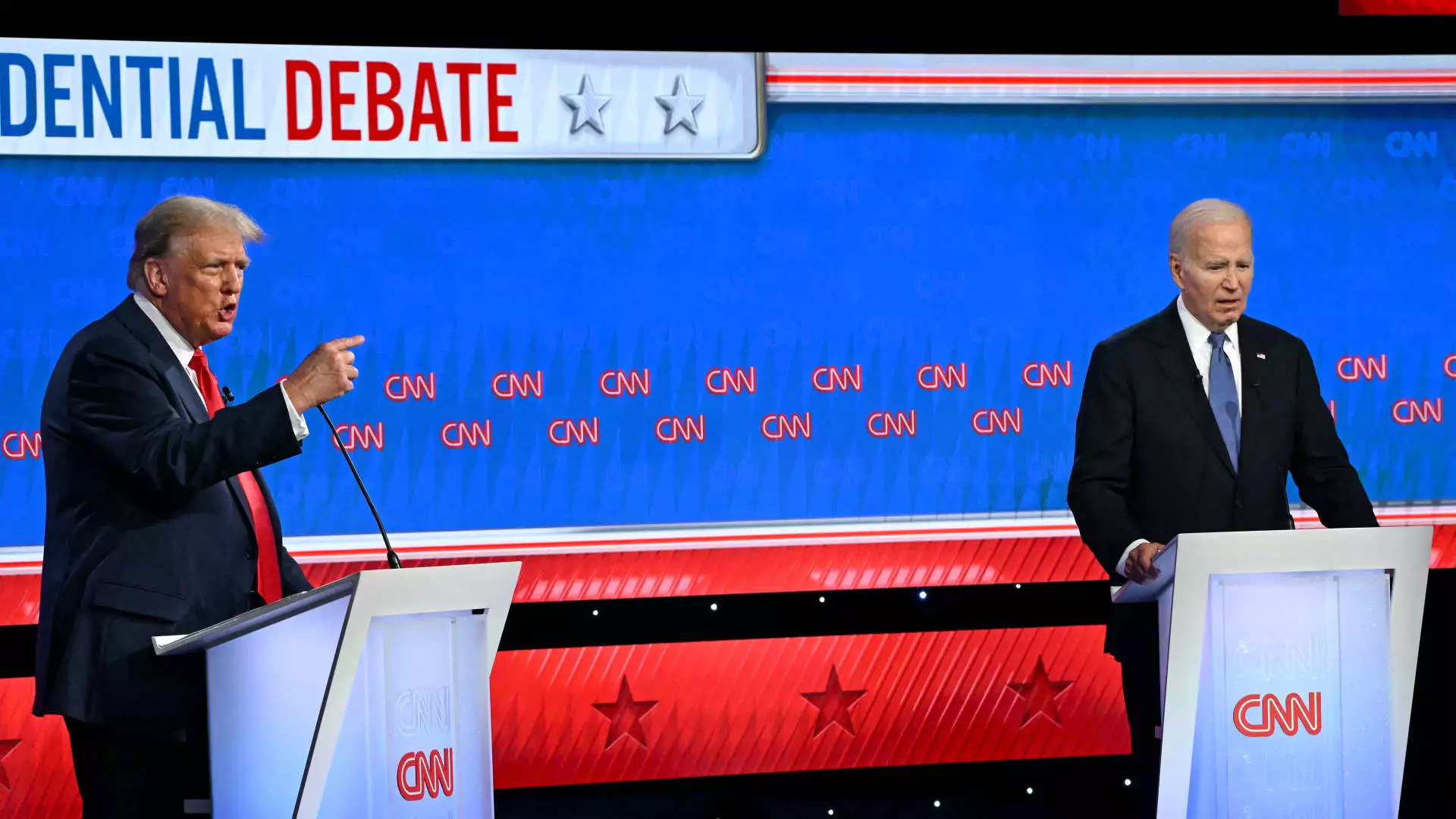As the 2024 presidential election approaches, many investors are feeling anxious about the potential impact of the election on their finances. According to a survey conducted by Betterment, more than half of investors (57%) are nervous about the upcoming election, with 40% expecting to make changes to their investments based on the election outcome. This anxiety reflects a common concern among investors about the uncertainty surrounding political transitions and their effect on market performance.
Financial experts advise against making investment decisions based on political outcomes, as markets tend to respond more to economic factors that politicians have little control over. Despite the contentious nature of election years, experts recommend maintaining a diversified portfolio and focusing on saving more rather than making hasty decisions driven by political sentiments. According to Cathy Curtis, a certified financial planner, the economy has historically continued to perform well regardless of which party holds office, making it unwise to make investment decisions solely based on political preferences.
Despite the current political climate, market stability remains high, with the Nasdaq Composite, S&P 500, and Dow Jones Industrial Average reaching record highs. This stability has led to increased confidence among investors, as evident in the lack of anxious inquiries about market fluctuations. While concerns about the outcome of the upcoming election are prevalent, experts like Curtis emphasize the importance of maintaining a long-term investment perspective and not letting short-term political events dictate investment decisions.
Recent trends show that investors are increasingly blending their political opinions with their investment decisions, expecting the winning candidate to have a significant impact on the economy and stock market. However, historical data indicates that presidential elections have had minimal effects on market performance. A study by J.P. Morgan Private Bank dating back to 1928 shows that the S&P 500 has returned an average of 7.5% in presidential election years, only slightly lower than the average of 8% in nonelection years. This highlights the fact that the market tends to be influenced by broader economic factors rather than individual political events.
In response to election-related concerns, some investors are considering increasing their holdings in savings accounts. While having a cash reserve can be a prudent strategy, experts caution against keeping excessive amounts of cash on the sidelines. Given the current high rates on savings accounts and other low-risk investments, it may be beneficial to diversify one’s portfolio and strike a balance between risk and stability. Curtis suggests holding larger cash reserves in the current economic climate, but also emphasizes the importance of staying invested in the market to benefit from potential growth opportunities.
While presidential elections may generate uncertainty and anxiety among investors, it is essential to maintain a long-term investment strategy based on sound financial principles rather than short-term political events. By diversifying investments, focusing on saving, and staying informed about market trends, investors can navigate through election cycles with confidence and achieve their long-term financial goals.

